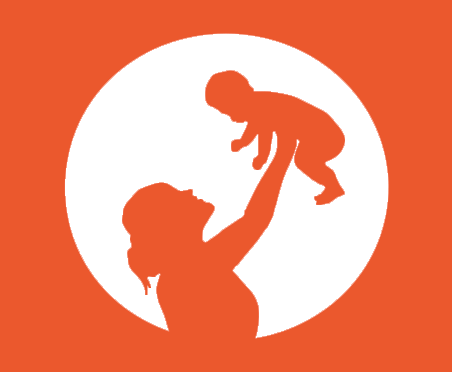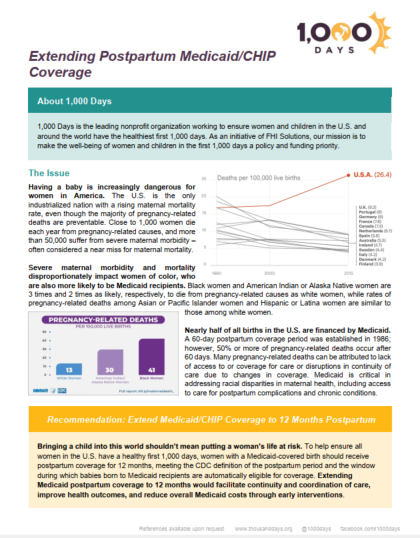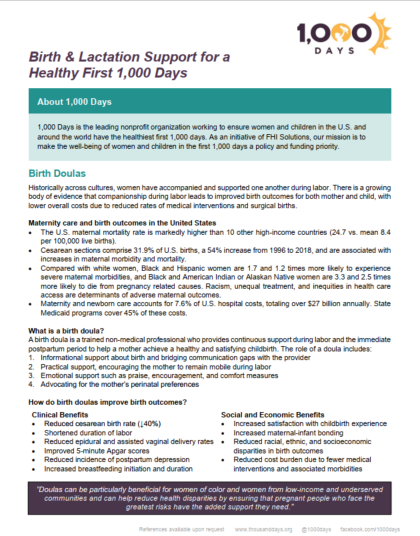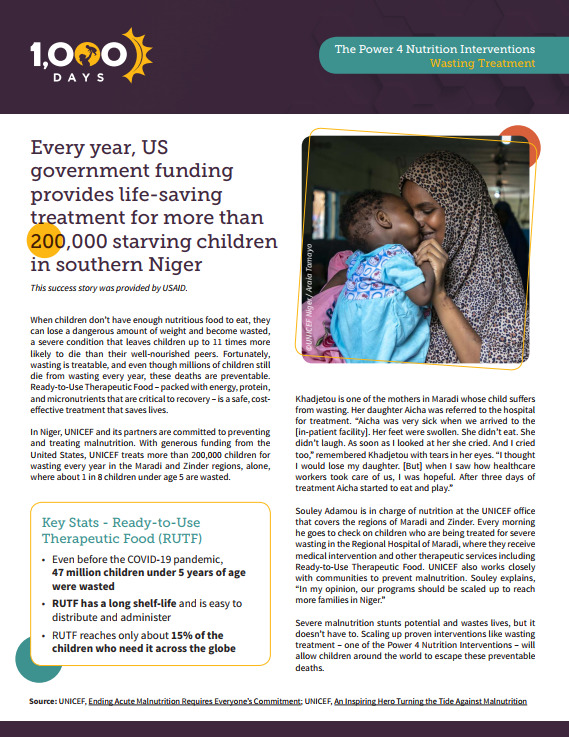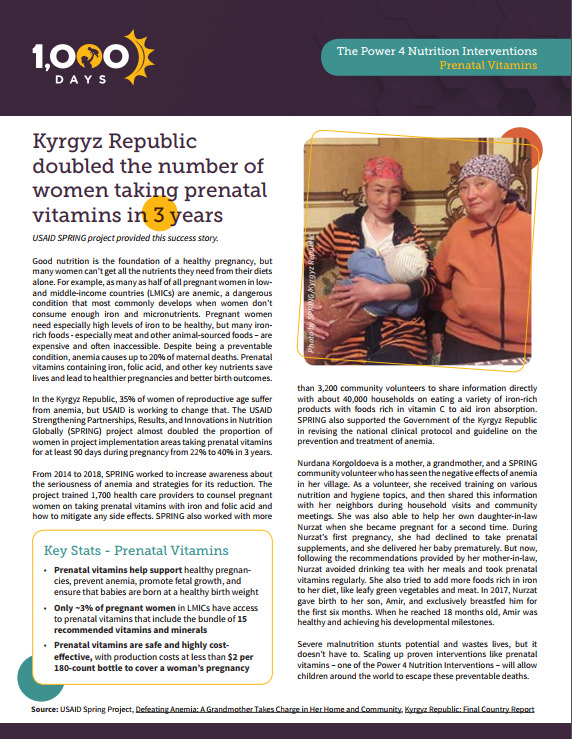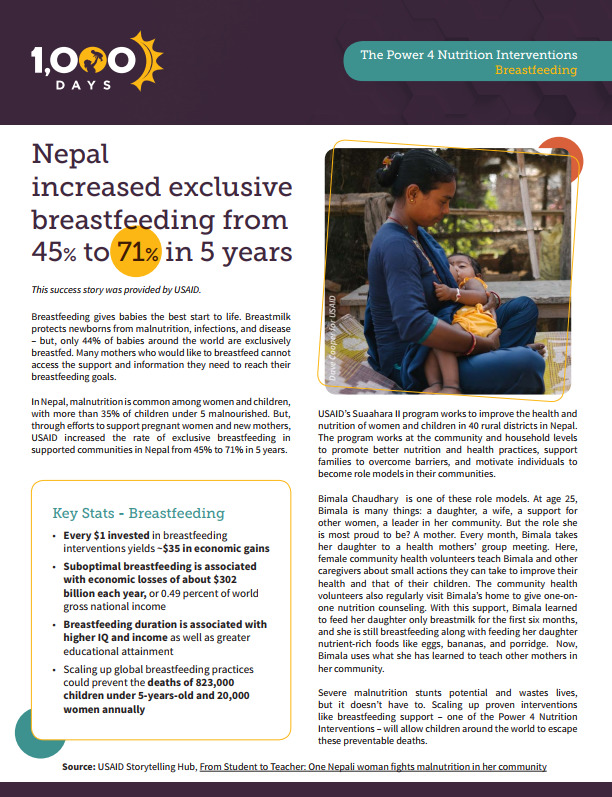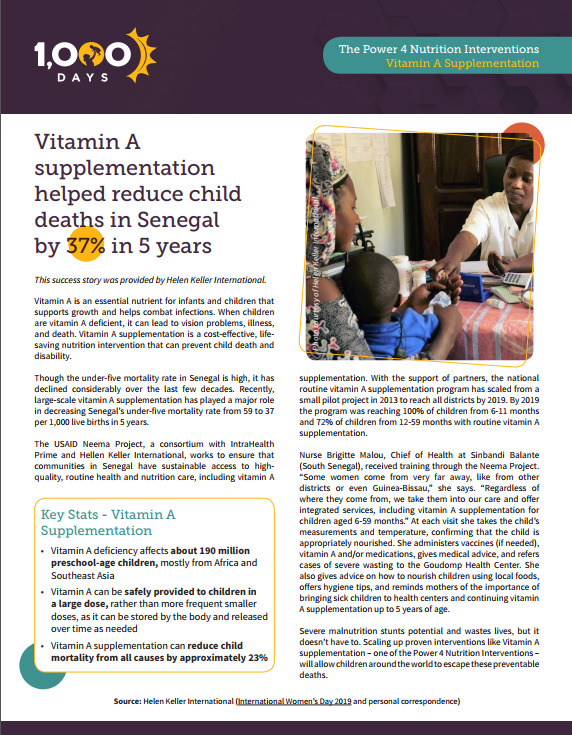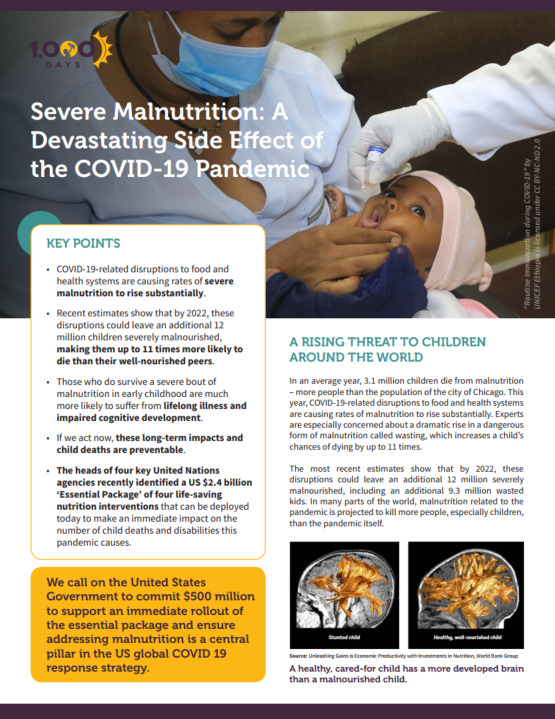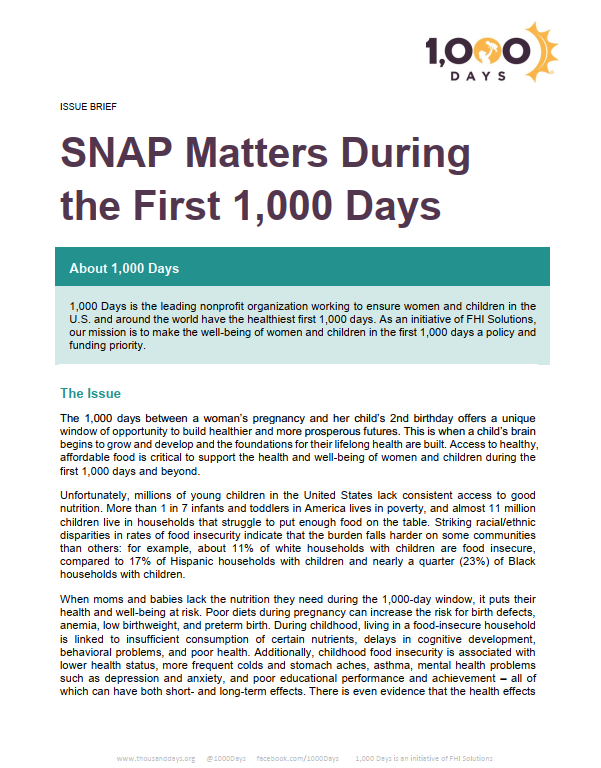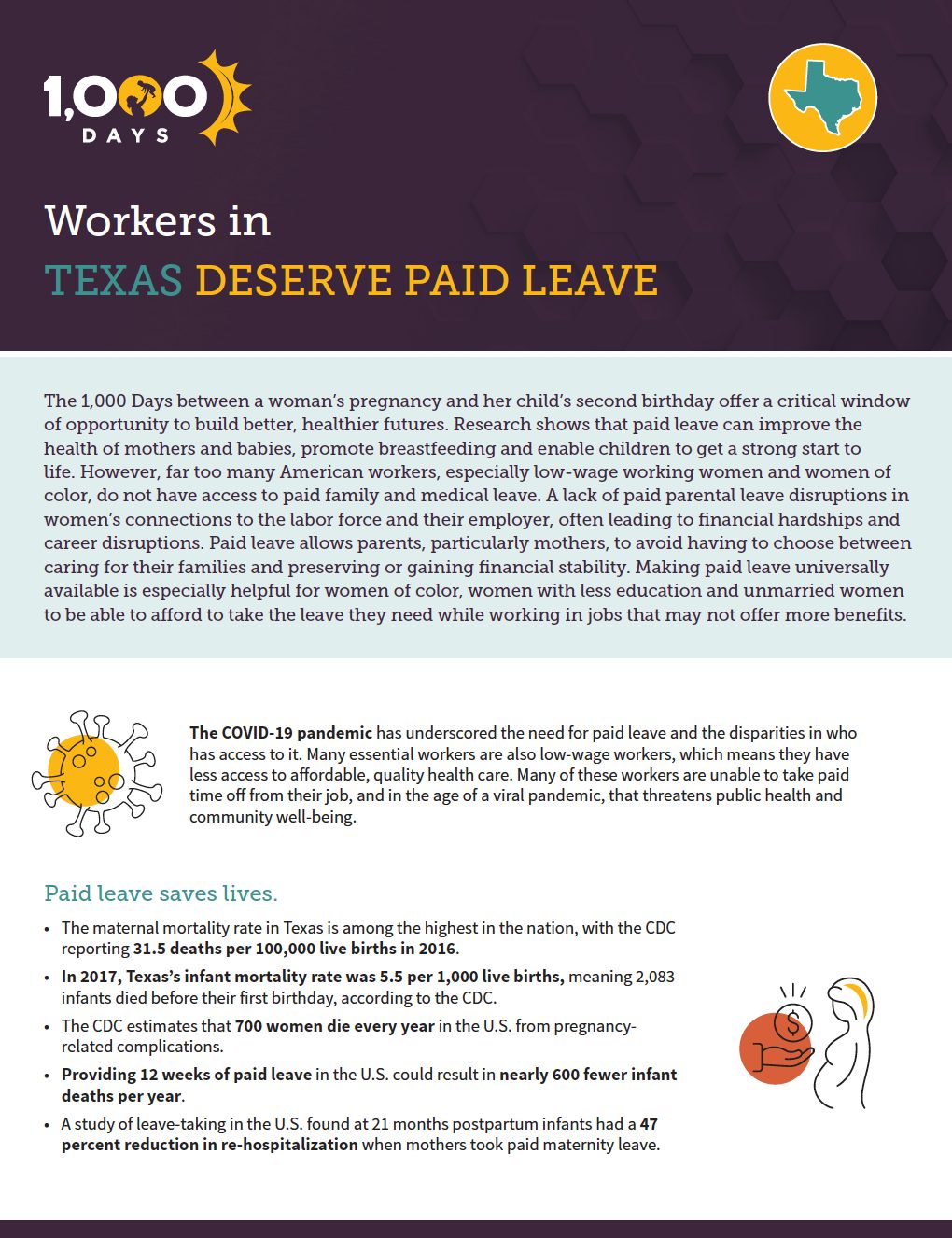Paid Leave: An Opportunity to Reduce Racial and Ethnic Disparities in Maternal and Child Health
In this update to our 2019 report, The First 1,000 Days: The Case for Paid Leave in America, we present the latest research and data from the last two years on the opportunity to reduce racial and ethnic disparities in maternal and child health through the passage of a universal, comprehensive paid family and medical leave policy in the United States.

